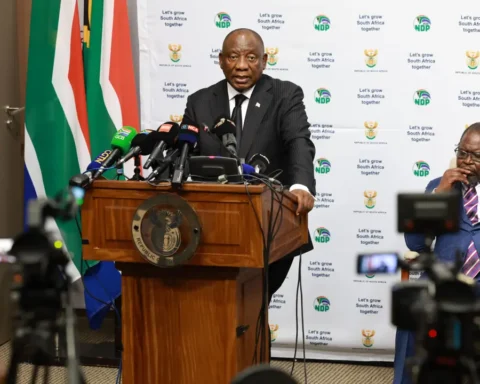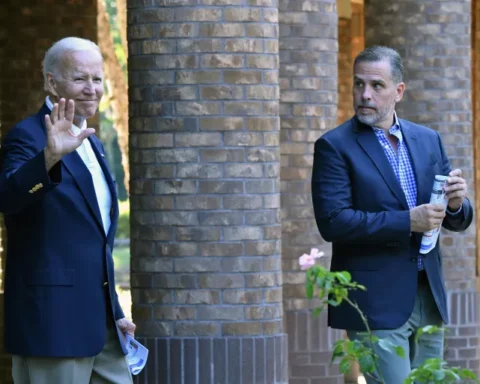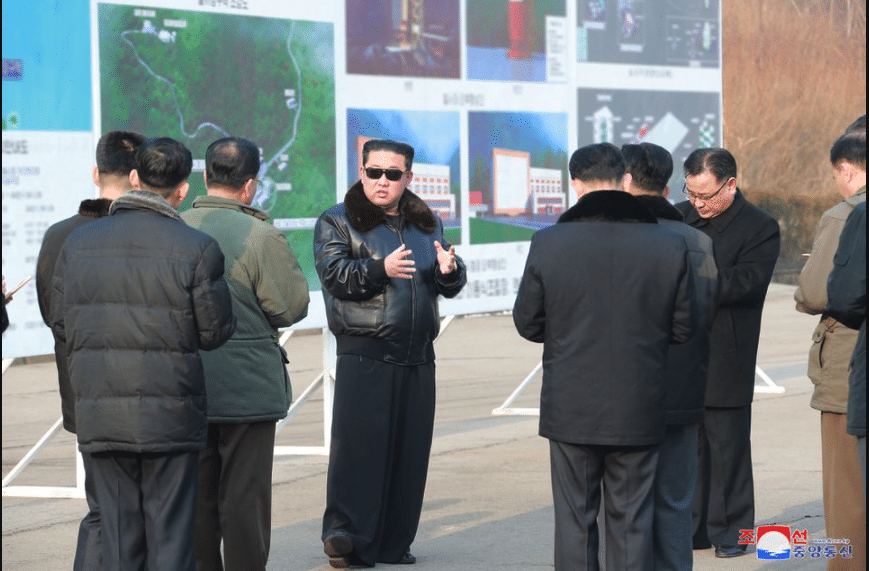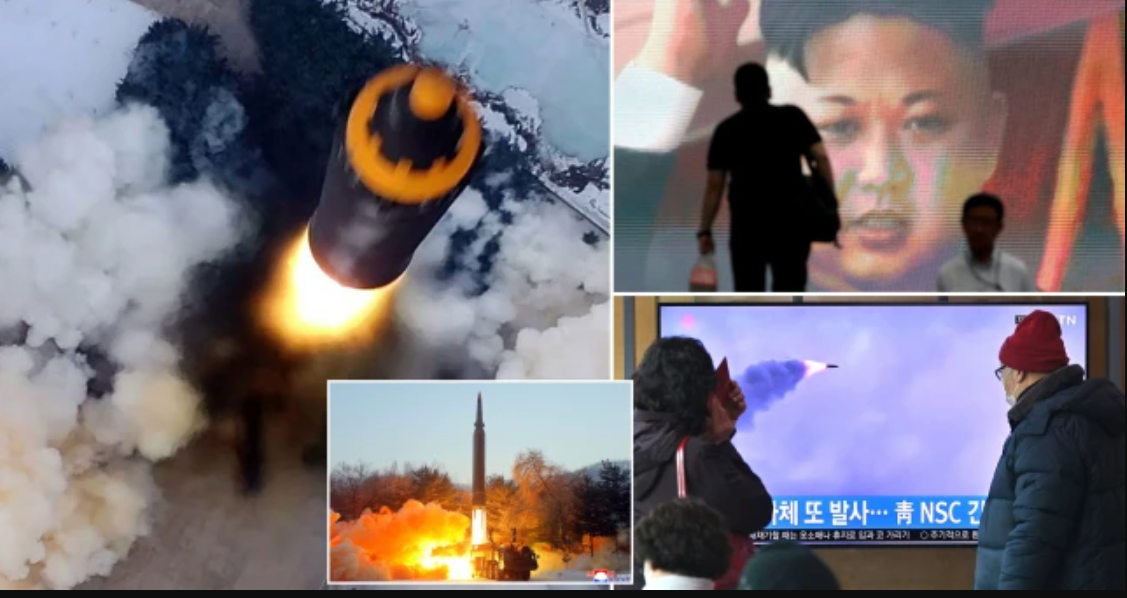The United States vowed to use military force to defend the country and its allies against North Korea if necessary, but said it prefers to use its clout in international trade to address the growing threat.
In a hard-hitting speech at an emergency meeting of the UN Security Council after Pyongyang’s successful launch of an intercontinental ballistic missile (ICBM), US Ambassador Nikki Haley on Wednesday said that “the world has become a more dangerous place” and China has a key role in promoting peace.
China is responsible for 90 percent of trade with North Korea and Haley warned that Beijing risks its massive trade with the US if its business dealings with Pyongyang violate UN sanctions.
She said the US doesn’t seek conflict – “in fact we seek to avoid it”.
But she said the launch of an ICBM “is a clear and sharp military escalation” and the US is prepared to use its “considerable military forces” to defend itself and its allies “if we must”.
But Haley said the Trump administration prefers “not to go in that direction” but to use its “great capabilities in the area of trade” to address “those who threaten us and … those who supply the threats.”
Another resolution
Until recently, American officials had been describing China as a partner in their strategy to prevent North Korea from developing the ability to strike the US mainland with nuclear weapons.
But US President Donald Trump has expressed growing irritation at Beijing’s reluctance to tighten the screw on Pyongyang over its nuclear and missile programs.
“There are countries that are allowing, even encouraging trade with North Korea, in violation of UN Security Council resolutions,” Haley said.
“Such countries would also like to continue their trade arrangements with the United States,” she said.
“That’s not going to happen. Our attitude on trade changes when countries do not take international security threats seriously.”
Haley said the seven UN sanctions resolutions haven’t gotten North Korea to change its “destructive course,” and she stressed that much of the burden of enforcing the resolutions rests with China because of its overwhelming trade with its neighbour.
Declaring that it’s time to do more, Haley announced that the US will put forward a new Security Council resolution in the coming days “that raises the international response in a way that is proportionate to North Korea’s escalation”.
She gave no details but said that if the council is united the international community can cut off major sources of hard currency to North Korea, restrict oil to their military and weapons programs, increase air and maritime restrictions, and hold senior officials accountable.
The security council has tried to curtail North Korea’s nuclear programme for nearly a decade.
“But it’s clear that after this latest missile launch, that continued pressure doesn’t seemed to have deterred North Korea.”
“But the US also said if the council can not reach agreement, the US is prepared to go it’s own way …. what that could entail nobody knows, but it certainly would raise the chances of an end to a diplomatic solution.”
The China-Russia proposal
China and Russia – whose presidents met in Moscow on Tuesday and will be attending the G20 summit with Trump in Hamburg, Germany, later this week where North Korea is certain to be a key issue – proposed a plan for defusing tensions on the Korean Peninsula that their ambassadors reiterated to the council.
The China-Russia plan includes a suspension-for-suspension – a North Korea moratorium on nuclear and missile tests while the US and South Korea refrain from large-scale military exercises – and a roadmap to peace and denuclearisation of the Korean Peninsula.
“We call on all parties concerned to exercise restraint, avoid provocative actions and belligerent rhetoric, demonstrate the will for unconditional dialogue and work actively together to defuse the tension,” said China’s UN ambassador, Liu Jieyi.
“China is firmly opposed to chaos and confrontation on the peninsula. Military means must not be an option in this regard.”
Russian Deputy Ambassador Vladimir Safronkov echoed the call for “restraint rather than provocation and war mongering”. He stressed that “any attempts to justify a military solution are inadmissible” and will lead “to unpredictable consequences for the region.”
“Attempts to economically strangle North Korea are equally unacceptable as millions of people are in great humanitarian need,” Safronkov said.
He also signaled that the US will likely have a tough time getting Security Council approval for a new sanctions resolution.
“All must acknowledge that sanctions will not resolve the issue,” Safronkov said. “In that manner, we simply rush towards a stalemate.”








